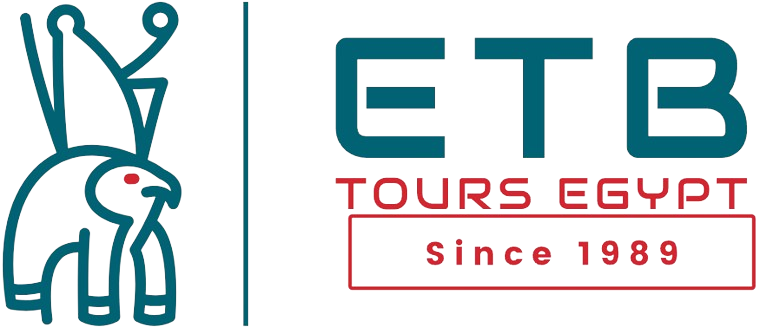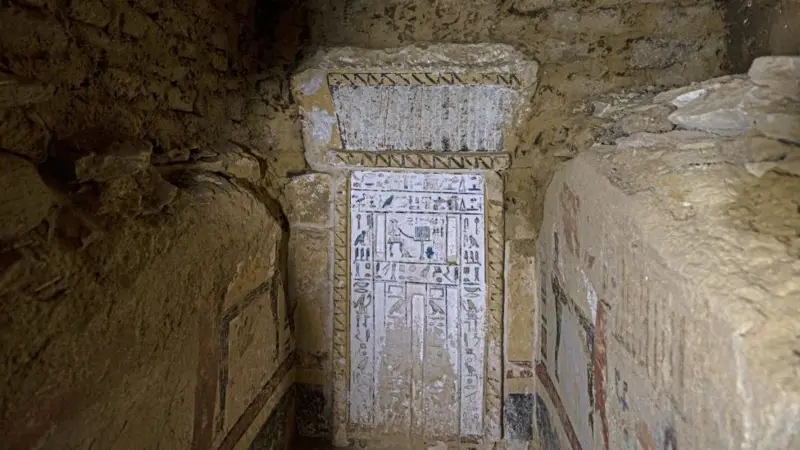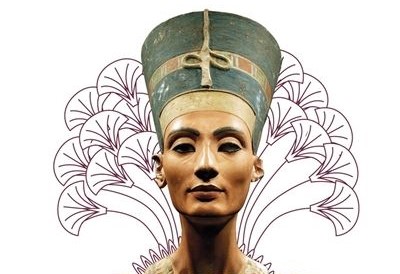Discovery of a 4,300-Year-Old Mummy Covered in Gold Leaf Among Archaeological Finds in Saqqara
Egyptian archaeologists have found a mummy covered in gold leaf in an untouched tomb that dates back 4,300 years. The mummy is of a man named Heka-Shepes and is one of the most complete and oldest non royal mummies found in Egypt.
The mummy was found in a chamber 15 meters below the surface in Saqqara, a cemetery south of Cairo where three other tombs were also found. One of those tombs was of a man with the title of "Keeper of Secrets."
Also found was the tomb of Khnum-Jd-F, a priest, inspector and overseer of the nobles. Another tomb was of Meri, a high ranking official in the palace who had the title of "Keeper of Secrets" so he could perform special rituals.
Fetek, a judge and scribe was buried in another tomb where a collection of what is believed to be the largest set of stone statues found in the area was found.
Other items found in the area include pottery. According to Dr. Zahi Hawass, former Egyptian Minister of Antiquities all of these date back to the 25th to 22nd centuries BCE.
Ali Abu Dshish, an archaeologist and member of the team said, "This is important because it connects the kings with the people who lived around them."
Saqqara has been a cemetery for over 3,000 years and is a UNESCO World Heritage site. It is located in the ancient Egyptian capital of Memphis and has over 10 pyramids including the Step Pyramid of Djoser which is near the well where the mummy was found.
This comes just a day after archaeologists in Luxor, southern Egypt announced the discovery of a complete Roman city from the 2nd and 3rd centuries CE. The finds included residential buildings, towers and "metalworking and smelting workshops" with Roman vessels, tools and coins.
Egypt has been announcing several big archaeological discoveries in the past few years as part of its efforts to boost its tourism industry. The government hopes the Grand Egyptian Museum which is scheduled to open this year after several delays will attract 30 million tourists by 2028.
However, some critics argue that the Egyptian government prioritizes media-attractive discoveries over rigorous academic research, which may undermine efforts to draw more tourism.
 English
English  Spanish
Spanish  Chinese
Chinese  French
French  Portuguese
Portuguese  Italian
Italian  Russian
Russian  Czech
Czech  German
German  Japanese
Japanese 








